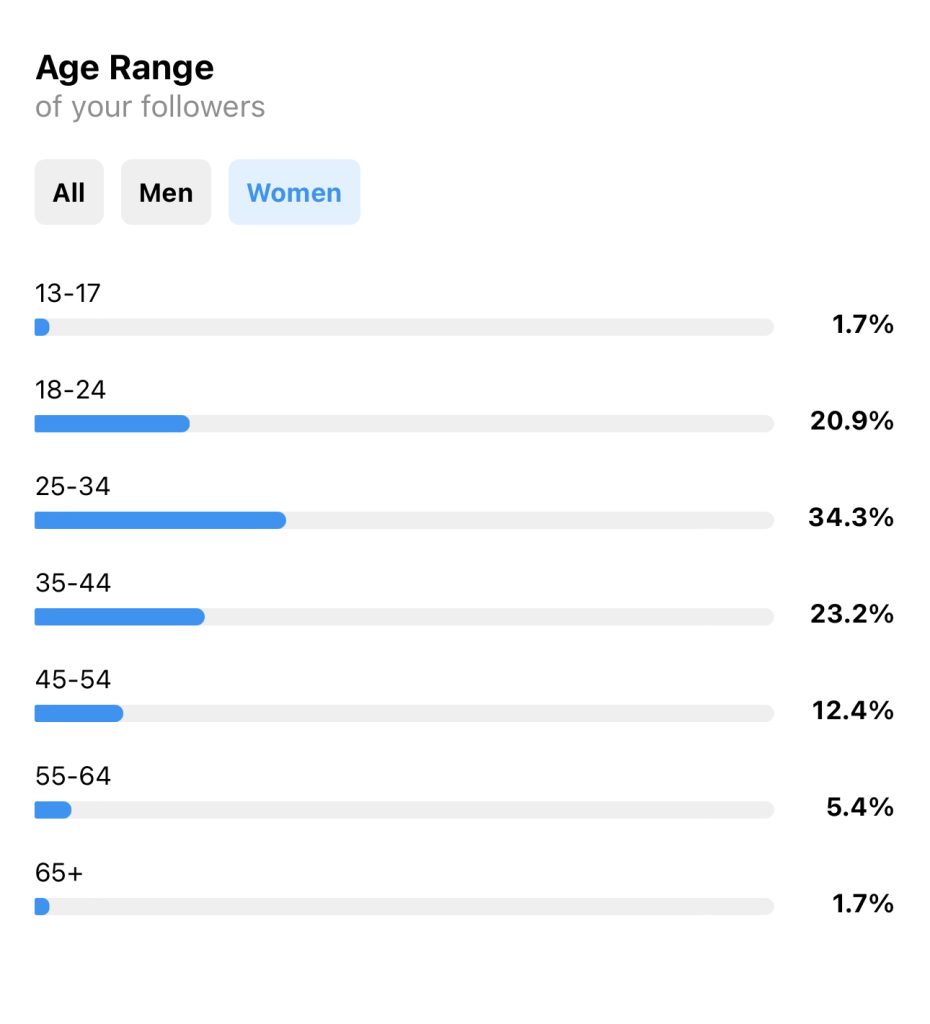Private Label Skincare Scrubs: Quick Branding Strategy Guide
Welcome to the world of private label skincare scrubs! In this article, we’ll explore the process of creating and branding your very own line of skincare scrubs. From understanding what private label skincare scrubs are, to formulating your unique product, marketing, and scaling your business, we’ll cover it all. So, grab your notepad and let’s dive in!
What are Private Label Skincare Scrubs?
Private label skincare scrubs are essentially exfoliating products that are manufactured by a third party but sold under your own brand name. This allows you to create a unique skincare product that meets the specific needs and preferences of your target audience without the hassle of manufacturing it yourself.
Benefits of Private Labeling
There are several benefits to private labeling your skincare scrubs:
- Control over branding: With private labeling, you have full control over your product’s branding, allowing you to create a consistent image and message for your business.
- Higher profit margins: Private label products typically have higher profit margins, as you’re cutting out the middleman and selling directly to customers.
- Speed to market: Private labeling allows you to bring your product to market much faster than if you were to develop and manufacture it yourself.
Popular Skincare Scrub Ingredients
There are many ingredients you can include in your skincare scrubs, such as:
- Exfoliating agents: Popular exfoliating agents include sugar, salt, and crushed nut shells.
- Moisturizing agents: To keep the skin hydrated, consider adding moisturizing agents like shea butter, coconut oil, or aloe vera.
- Natural additives: Enhance your scrub with natural additives like essential oils, botanical extracts, or fruit enzymes for added benefits.
Determining Your Target Audience
Before you begin creating your private label skincare scrub, it’s crucial to identify your target audience. Consider factors such as age, skin type, lifestyle, and personal preferences. This will help you develop a product that appeals to the specific needs and desires of your potential customers. If you have established social channels, a great way to collect data for determining your target audience is by utilizing the audience insights provided by the social media companies. For example on Instagram you can go to Insights and click on followers under insights, which will show you specifications such as gender and age of your audience. This can help you make informed decisions on the product you are creating.

Creating a Unique Selling Proposition (USP)
Your USP is what sets your skincare scrub apart from the competition. Think about what makes your product unique, whether it’s the ingredients, packaging, or benefits it offers. Your USP should be clear and compelling, and it should be communicated consistently across all marketing channels.
Designing Your Packaging
Packaging plays a significant role in attracting customers and reinforcing your brand identity. Consider
the following aspects when designing your packaging:
- Labels and materials: Choose high-quality labels and materials that reflect the quality of your product. Ensure your logo, product name, and other essential information are clearly visible and easy to read.
- Eco-friendly options: With growing environmental awareness, opting for eco-friendly packaging materials like recyclable or biodegradable materials can help your brand stand out and appeal to environmentally conscious consumers.
Formulating Your Scrub
When formulating your private label skincare scrub, consider the following:
- Customization: Work closely with your manufacturer to create a unique formula that aligns with your brand’s values and meets your target audience’s needs.
- Compliance and certifications: Ensure your product complies with industry regulations and consider obtaining certifications like cruelty-free, organic, or vegan to further differentiate your product in the market.
Finding a Private Label Manufacturer
Selecting the right private label manufacturer is crucial for the success of your skincare scrub business. Look for a manufacturer with a strong track record, positive customer reviews, and the ability to meet your specific formulation and packaging requirements. You can check out our scrubs page here and see if we’re a good fit for your business.
Marketing Strategies for Private Label Skincare Scrubs
Promoting your private label skincare scrub effectively is essential to growing your business. Consider implementing the following marketing strategies:
- Social media marketing: Leverage social media platforms like Instagram, Facebook, and Pinterest to showcase your products and engage with potential customers.
- Influencer partnerships: Collaborate with influencers in your niche to promote your products to their followers and increase brand awareness.
- Content marketing: Create engaging content like blog posts, videos, and tutorials to educate and entertain your audience while subtly promoting your skincare scrub.
Pricing Strategies
Setting the right price for your private label skincare scrub is crucial for maximizing profits and attracting customers. Consider factors like production costs, competitor pricing, and perceived value when determining your price.
Distribution Channels
Choose the most suitable distribution channels for your private label skincare scrub, whether it’s selling directly to consumers through your website or partnering with retailers, spas, and salons.
Scaling Your Private Label Skincare Scrub Business
As your business grows, consider expanding your product line, entering new markets, or increasing production capacity to meet the growing demand for your skincare scrubs. A roadblock that businesses face on their road to success is keeping up with demand. Utilizing a fulfillment center can allow you to focus on continuing to scale.
Conclusion
Creating a successful private label skincare scrub business requires careful planning, product development, marketing, and persistence. By following the steps outlined in this article and staying true to your brand’s values, you can build a thriving skincare business that stands out in the competitive beauty industry.

